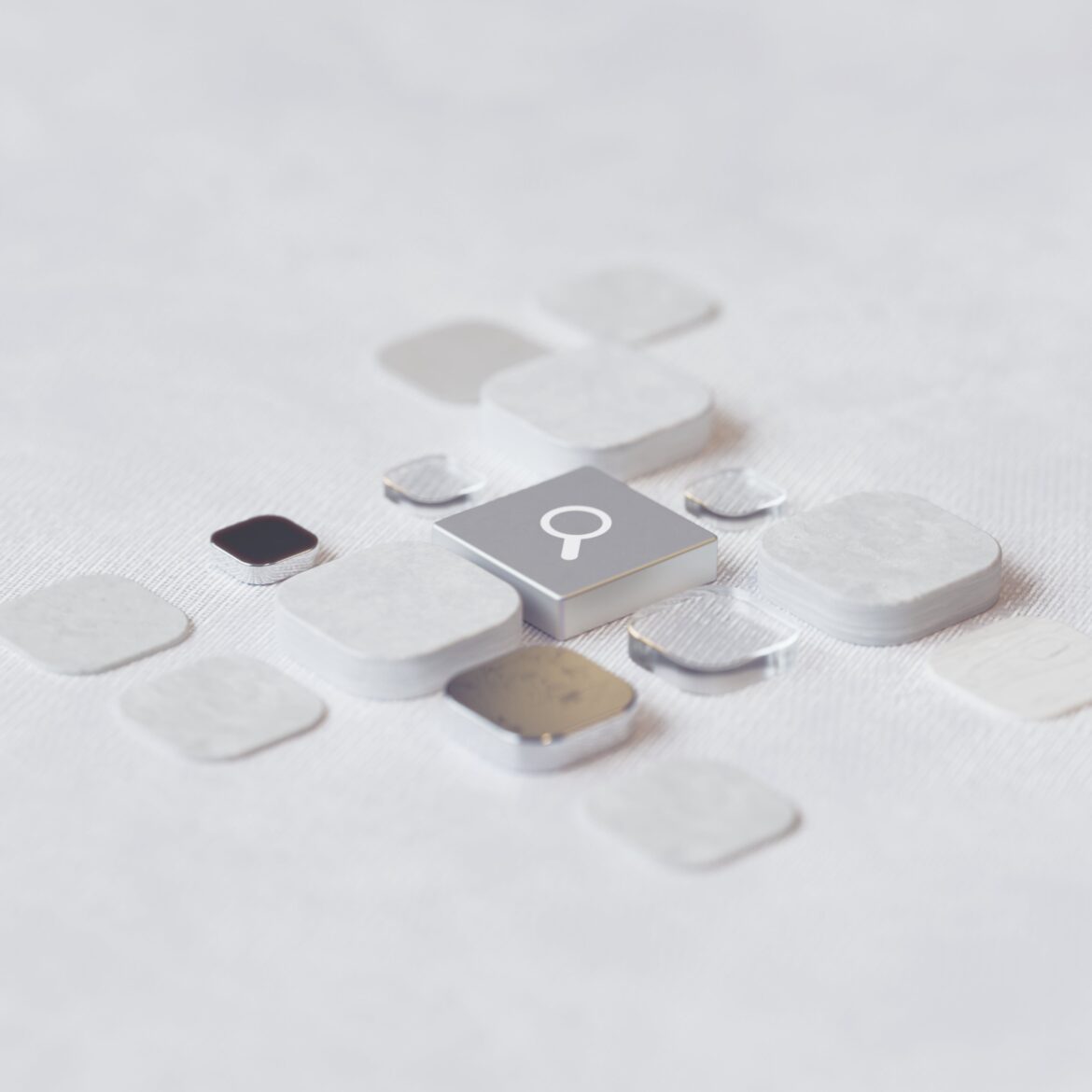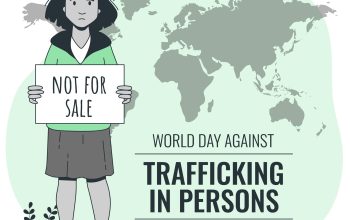In the twenty-first century, technology is constantly evolving so rapidly that the law struggles to keep up. Artificial Intelligence (AI) and computer-generated images pose a particular challenge, especially in the area of child sexual abuse.
As technology gets better at creating realistic simulations of people, a rising number of offenders are using AI to generate images of child sexual abuse, some of which depict the worst categories under UK and US laws.
Even more concerning are recent reports from the UK Safer Internet Centre (UKSIC) that some schools in the UK are finding children using online AI generators to create indecent images of their fellow students.
Reports of children using AI to create indecent images
Schoolchildren using AI is becoming more common as online generators become more widely accessible, but they may not be aware of the legalities of using AI to generate certain types of images, or ‘deep fakes’ of real people.
Children may attempt to generate indecent images of their peers for a range of reasons, such as sexual curiosity, but it is still illegal for anyone in the UK to create, possess, access, or distribute images like this – ‘real’ or not.
While school pupils may not understand that the material they’re creating meets the legal standards of child sexual abuse images, they are committing a crime by generating and/or sharing them.
Additionally, if such images are circulated, they can not only be used to bully or blackmail the children depicted in them, but they could also end up in the hands of adult sex offenders, resulting in further harm to the victims.
Dealing with fake images also wastes police time, when law enforcement agencies could be tracking down more serious offenders and bringing them to justice.
But what exactly are AI indecent images, and what should children, parents, and teachers know about them and their legal consequences?
What is an AI indecent image?
Under the Protection of Children Act and the Criminal Justice Act, it is illegal to take, permit to be taken, possess, access, show, or distribute indecent images.
An indecent image is a picture, video, or electronic file convertible into an image that shows a child – a person under the age of 18 years old – in a sexual context. This could involve nudity, erotic posing, or various kinds of sexual activity.
The indecent images definition includes self-generated images, such as ‘selfies’ taken by the individual in the image, but also pseudo-images. These are ‘fake’ images that look real, typically created via computer generation or digital manipulation tools – like AI engines.
Some AI technologies allow users to remove clothing or swap faces in existing pictures, but even if the AI image is technically ‘fake’ or the child depicted isn’t a real person, the law will still consider such pseudo-images to be indecent images, and treat offenders accordingly.
Just like ‘real’ indecent images, the police will categorise indecent pseudo-images by severity, and the legal system will enforce charges and penalties in line with this.
Can children be prosecuted for indecent images?
Children being under 18 years old does not exempt them from indecent images offences. Even a child taking or creating an indecent image or pseudo-image of themselves means they are committing an indecent images offence.
Therefore, children using AI to produce indecent images of other children who are also under 18 are committing a criminal offence, especially if they store the AI indecent image on their device or distribute it to others.
If a child is caught committing these offences, the staff at the child’s school and the child’s parents or guardians have a responsibility to report this to the police. Most schools have internal processes, but a full investigation will be required to ensure that all children affected are kept safe.
When the police are notified of such an offence committed by a child, they must record the crime on the national database and investigate whether there are any aggravating factors that could result in the child being cautioned or charged with a criminal offence.
In many cases, where the offence is less severe and there is a low risk of the child being a repeat offender, the police try to avoid pursuing legal action against a child to prevent them from having a criminal record as a sex offender, which would have a negative impact on their future.
To this end, Outcome 21 allows the police to close an investigation with ‘no further action’ required if there is no evidence of abuse, exploitation, a profit motive, or malicious intent. In such a case, it would not be in the best interest of the public to pursue criminal charges.
The report will remain on the crime database, but the chief police officer can decide whether or not it should be disclosed if the individual undergoes enhanced criminal record checks as an adult.
Support for children committing indecent image offences
Charities like the UKSIC are calling on schools to review their safeguarding measures, including internet use policies, and to take steps now to stop children using AI for this purpose and prevent AI indecent images of pupils from spreading outside of schools.
It’s also important for schools and parents to work closely together when monitoring for such harmful behaviour, and for them to ensure that children are properly informed about the illegality of these images and of using AI to generate them.
If your child is found to be generating and/or sharing indecent images of another child, whether they’re AI pseudo-images or not, you should speak to a legal specialist as soon as possible.
Allegations involving indecent images can result in serious consequences, especially if charges are brought against your child – so it’s advisable to have a legal expert by your side to guide your family through the investigation and liaise with you, the school, and the police to avoid prosecution.
Do children understand the risks of AI-generated indecent images?
In the twenty-first century, technology is constantly evolving so rapidly that the law struggles to keep up. Artificial Intelligence (AI) and computer-generated images pose a particular challenge, especially in the area of child sexual abuse.
As technology gets better at creating realistic simulations of people, a rising number of offenders are using AI to generate images of child sexual abuse, some of which depict the worst categories under UK and US laws.
Even more concerning are recent reports from the UK Safer Internet Centre (UKSIC) that some schools in the UK are finding children using online AI generators to create indecent images of their fellow students.
Reports of children using AI to create indecent images
Schoolchildren using AI is becoming more common as online generators become more widely accessible, but they may not be aware of the legalities of using AI to generate certain types of images, or ‘deep fakes’ of real people.
Children may attempt to generate indecent images of their peers for a range of reasons, such as sexual curiosity, but it is still illegal for anyone in the UK to create, possess, access, or distribute images like this – ‘real’ or not.
While school pupils may not understand that the material they’re creating meets the legal standards of child sexual abuse images, they are committing a crime by generating and/or sharing them.
Additionally, if such images are circulated, they can not only be used to bully or blackmail the children depicted in them, but they could also end up in the hands of adult sex offenders, resulting in further harm to the victims.
Dealing with fake images also wastes police time, when law enforcement agencies could be tracking down more serious offenders and bringing them to justice.
But what exactly are AI indecent images, and what should children, parents, and teachers know about them and their legal consequences?
What is an AI indecent image?
Under the Protection of Children Act and the Criminal Justice Act, it is illegal to take, permit to be taken, possess, access, show, or distribute indecent images.
An indecent image is a picture, video, or electronic file convertible into an image that shows a child – a person under the age of 18 years old – in a sexual context. This could involve nudity, erotic posing, or various kinds of sexual activity.
The indecent images definition includes self-generated images, such as ‘selfies’ taken by the individual in the image, but also pseudo-images. These are ‘fake’ images that look real, typically created via computer generation or digital manipulation tools – like AI engines.
Some AI technologies allow users to remove clothing or swap faces in existing pictures, but even if the AI image is technically ‘fake’ or the child depicted isn’t a real person, the law will still consider such pseudo-images to be indecent images, and treat offenders accordingly.
Just like ‘real’ indecent images, the police will categorise indecent pseudo-images by severity, and the legal system will enforce charges and penalties in line with this.
Can children be prosecuted for indecent images?
Children being under 18 years old does not exempt them from indecent images offences. Even a child taking or creating an indecent image or pseudo-image of themselves means they are committing an indecent images offence.
Therefore, children using AI to produce indecent images of other children who are also under 18 are committing a criminal offence, especially if they store the AI indecent image on their device or distribute it to others.
If a child is caught committing these offences, the staff at the child’s school and the child’s parents or guardians have a responsibility to report this to the police. Most schools have internal processes, but a full investigation will be required to ensure that all children affected are kept safe.
When the police are notified of such an offence committed by a child, they must record the crime on the national database and investigate whether there are any aggravating factors that could result in the child being cautioned or charged with a criminal offence.
In many cases, where the offence is less severe and there is a low risk of the child being a repeat offender, the police try to avoid pursuing legal action against a child to prevent them from having a criminal record as a sex offender, which would have a negative impact on their future.
To this end, Outcome 21 allows the police to close an investigation with ‘no further action’ required if there is no evidence of abuse, exploitation, a profit motive, or malicious intent. In such a case, it would not be in the best interest of the public to pursue criminal charges.
The report will remain on the crime database, but the chief police officer can decide whether or not it should be disclosed if the individual undergoes enhanced criminal record checks as an adult.
Support for children committing indecent image offences
Charities like the UKSIC are calling on schools to review their safeguarding measures, including internet use policies, and to take steps now to stop children using AI for this purpose and prevent AI indecent images of pupils from spreading outside of schools.
It’s also important for schools and parents to work closely together when monitoring for such harmful behaviour, and for them to ensure that children are properly informed about the illegality of these images and of using AI to generate them.
If your child is found to be generating and/or sharing indecent images of another child, whether they’re AI pseudo-images or not, you should speak to a legal specialist as soon as possible.
Allegations involving indecent images can result in serious consequences, especially if charges are brought against your child – so it’s advisable to have a legal expert by your side to guide your family through the investigation and liaise with you, the school, and the police to avoid prosecution.




